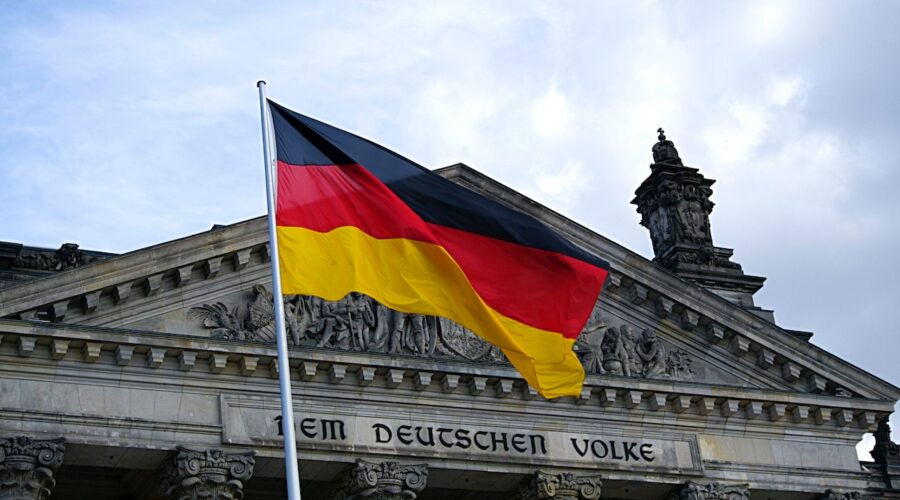Many highlight Angela Merkel’s policy in relation to the 2015 migrant crisis as the beginning of her downfall. In that year, Germany’s net migration figure was 1.1 million, just under double the previous year’s total. As Europe struggled to cope with refugees, Merkel made her country the continent’s biggest destination, despite the Dublin Agreement mandating that refugees should seek asylum in the first country they entered. Even today, the refugee crisis is pointed to as a key moment in Merkel’s premiership, and the moment she began to lose her grip on power. But was her immigration policy actually a failure?
When thinking of Germany and immigration, a notable example is the Gastarbeiter, or guest worker, programme which began in the 1950s. These guest workers were invited to help rebuild West Germany after the Second World War, with the main source of guests through this period being Turkey. Many workers never returned home, remaining in Germany with their families. Such people are no longer known as guests, but as Germans.
As Chancellor, Angela Merkel has spoken at length about her view of immigration. She has a markedly positive attitude on the subject, at odds with many in her Christian Democratic Union (CDU) party, talking of those who come to Germany as “enriching” society. She has always been clear on her approach to refugees: that there is a “moral obligation” to help those fleeing war, persecution or terror. It was this positive approach to immigration that culminated Germany’s policy during the 2015 refugee crisis.
Since then, Germany has homed over 1.5 million refugees, in comparison to the 450,000 by France and 300,000 by Italy. This huge influx of people into Germany proved a huge task for both local and national government, with issues such as providing German classes and wider education, as well as integrating the new arrivals into German society. As a logistical challenge, it is clear that Merkel and her government, in combination with state bodies, handled the refugee crisis robustly and commendably. Language classes were provided by the government and an effective programme of enrolling young children into nurseries to begin their education was introduced.
There is, however, a darker side to the consequences of this policy in Germany. On a national level, the most obvious of these has been the rise of the far right and explicitly anti-immigration Alternative for Germany (AfD) party, which surged in the 2017 Bundestag elections and in state elections since the crisis. This has led to the erosion of CDU support and, arguably, to the circumstances amongst which Merkel stood down as her party’s leader in 2018. The future of that party is now in doubt, with right wing candidate Friedrich Merz, a fierce critic of Merkel and her immigration policy in particular, finishing second in both the 2018 and 2021 leadership elections, narrowly losing each time.
Merkel’s successor, Annegret Kramp-Karrenbauer, was forced to resign after CDU state parliament members in Thuringia defied her authority to vote with the AfD. Armin Laschet, the new leader, is seen as a moderate in comparison to Merz, but ran with health minister Jens Spahn, labelled the “anti-Merkel” for his fierce criticism of her handling of the 2015 crisis. Her moderate legacy in the CDU may be safe for now, but the future remains uncertain as there are fresh elections to contend in September, in the aftermath of disappointing results in March’s state elections.
Merkel’s immigration policy was a divisive path which sowed the seeds of her downfall, while providing refuge for millions fleeing war. In the short term, it has arguably been pivotal in her resignation both as CDU leader and Chancellor, while fracturing her party as it struggles with internal battles and the imposing presence of the AfD. In the long term, however, history will surely look kindly on Merkel: the Chancellor who brought millions in from the cold despite the political consequences and remained steadfast in her commitment to her instincts. A political failure but a moral success, and one which may be remembered as positively as the Gastarbeiter are today.
